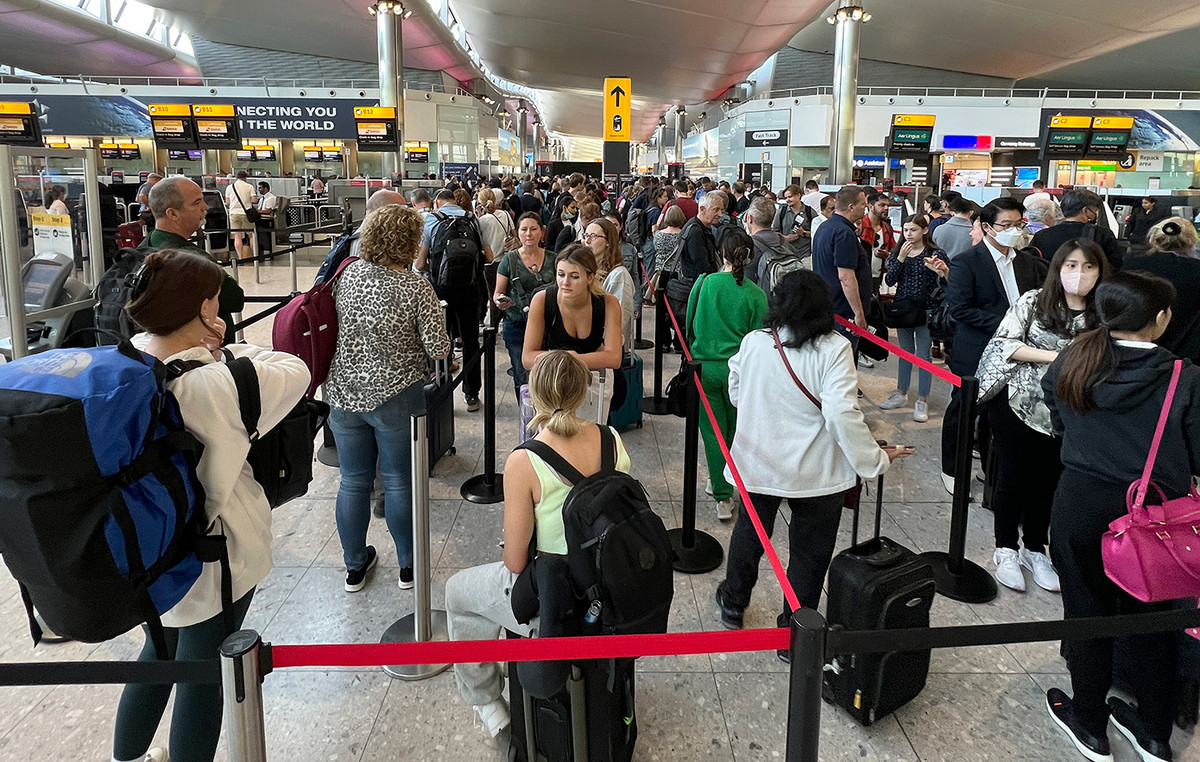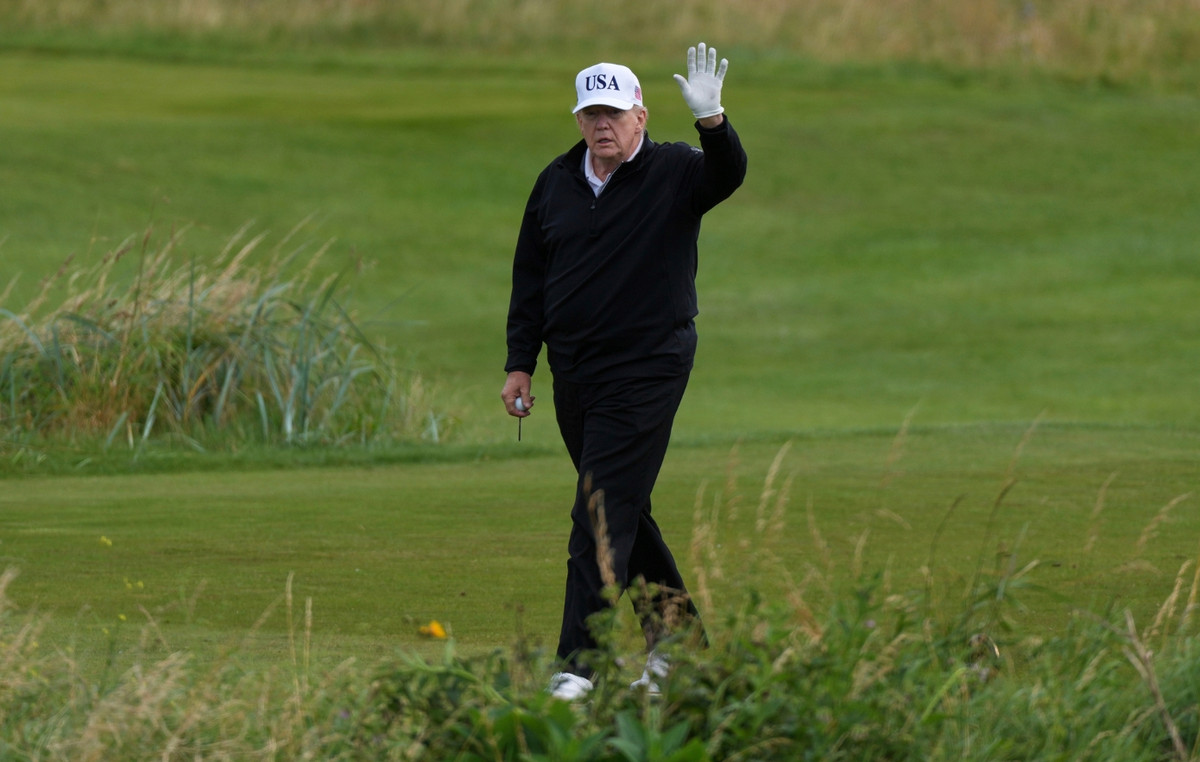According to a report released this Wednesday (6) by the Food and Agriculture Organization of the United Nations (FAO), between 702 and 828 million people were affected by hunger in 2021.
The number has grown by around 150 million since the start of the Covid-19 pandemic – more than 103 million people between 2019 and 2020 and 46 million in 2021.
Projections are that around 670 million people will still face hunger in 2030 – 8% of the world’s population -, the same as in 2015, when Agenda 2030, the United Nations (UN) plan to improve living conditions of peoples and nations, was launched.
About 2.3 billion people in the world were moderately or severely food insecure in 2021 – 29% of the world’s population – and 931 million of the world’s population (11.7% of the total population) faced severe food insecurity.
Moderate food insecurity refers to the level of severity at which people face uncertainty about their ability to obtain food and are forced to reduce, at certain times of the year, the quality and/or quantity of the food they consume due to lack of money or other resources.
FAO classifies as severe food insecurity when people are likely to have run out of food, gone hungry and, at the most extreme, gone days without food, putting their health and well-being at serious risk, based on the Food Insecurity Experience Scale (FIES). ).
Nearly 3.1 billion people could not afford healthy food in 2020. This represents 112 million more than in 2019, reflecting consumer food price inflation stemming from the economic impacts of the Covid-19 pandemic and the measures taken. to contain it.
Severe food insecurity affects 15.4 million Brazilians
The prevalence of severe food insecurity reached 15.4 million Brazilians (7.3% of the population) between 2019 and 2021.
The data shows a growth in numbers compared to the period before the coronavirus pandemic. From 2014 to 2016, the number of Brazilians affected by severe food insecurity was 3.9 million, or 1.9%.
The report also points out that 61.3 million Brazilians suffered between 2019 and 2021 with moderate or severe food insecurity, or 28.9% of the population. In comparison, the period 2014 and 2016 pointed to 37.5 million people (18.3%).
Source: CNN Brasil
I’m James Harper, a highly experienced and accomplished news writer for World Stock Market. I have been writing in the Politics section of the website for over five years, providing readers with up-to-date and insightful information about current events in politics. My work is widely read and respected by many industry professionals as well as laymen.







